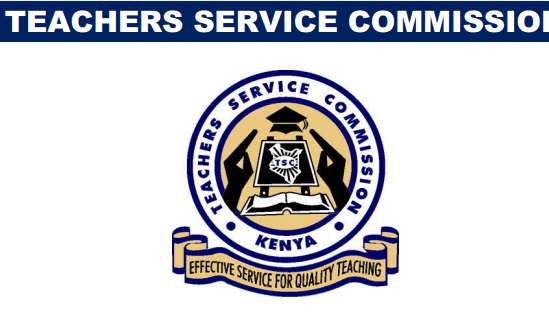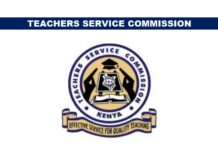
The Teachers Service Commission has credited declining teacher absenteeism to a contested management and appraisal system.
In an evaluation report in possession of the Star, TSC says the Teachers Performance Appraisal and Development has improved professionalism.
The report is titled ‘Consultancy for teacher performance appraisal and development (TPAD) evaluation’.
The data was collected between February 22 and March 5, and targeted 384 institutions.
According to the report, among the activities that worked in TPAD is maintenance of daily school and teacher attendance registers.
Ninety-nine per cent heads of institutions acknowledged that they maintained daily school attendance registers for teachers and a lesson attendance register.
“Maintenance of these records helps to keep track of teachers’ performance in lesson attendance, lessons missed and lessons recovered,” the report reads.
The system has been in use since 2016, and is used to monitor the teaching standards prescribed to more than 300,000 teachers in all public schools.
It, among other things, requires introduction of a clock in and out profile that should be filled by teachers and school heads each day.
The system also requires teachers’ record of lesson attendance and self-appraisals that are evaluated at the end of each term.
In effect, the report notes that 76 per cent of teachers and 92 per cent of head teachers who participated in the survey credited the system for better time management, minimized absenteeism and ensured syllabus coverage since its launch.
Under the management tool, teachers are also required to prepare, maintain and use of professional documents such as schemes of work, work plans, lesson plans, progress records, individual timetables, training schedules and class registers, among others.
Teachers are further required to produce the documents during promotion interviews.
The report shows that 95 per cent of teachers who took the survey and 97 per cent of school heads prepare the professional documents.
The purpose of the evaluation was to establish the effectiveness of TPAD intervention in schools through assessing its implementation process, generating good practices, lesson learnt and areas for improvement.
“School heads reported that teachers were now able to prepare adequately before going to class, able to prepare and maintain updated professional records; time is properly utilised; there is improved lesson attendance leading into adequate syllabus coverage done on time,” the report reads.
The findings show that teachers’ ability to prepare and use schemes of work, lesson plans and lesson notes based on current curriculum and syllabi had improved a great deal.
The report notes that teachers also found it easy to manage teaching time through punctual and consistent class attendance and keep lesson observation records more efficiently.
TSC argues that the appraisal tool has improved teacher competency through regular coordination and supervision of performance.
This, the report notes, has had a ripple effect, leading to enhanced learning outcomes in schools; and consequently, better quality of education.
Areas of improvement from the findings include reduction in teacher absenteeism levels, increased teacher-learner contact hours, teacher self-assessment and identification of performance and professional gaps.
The report further notes that 54.7 per cent of teachers using the tool who took part in the survey adhered to the TPAD calendar of activities and worked successfully.








